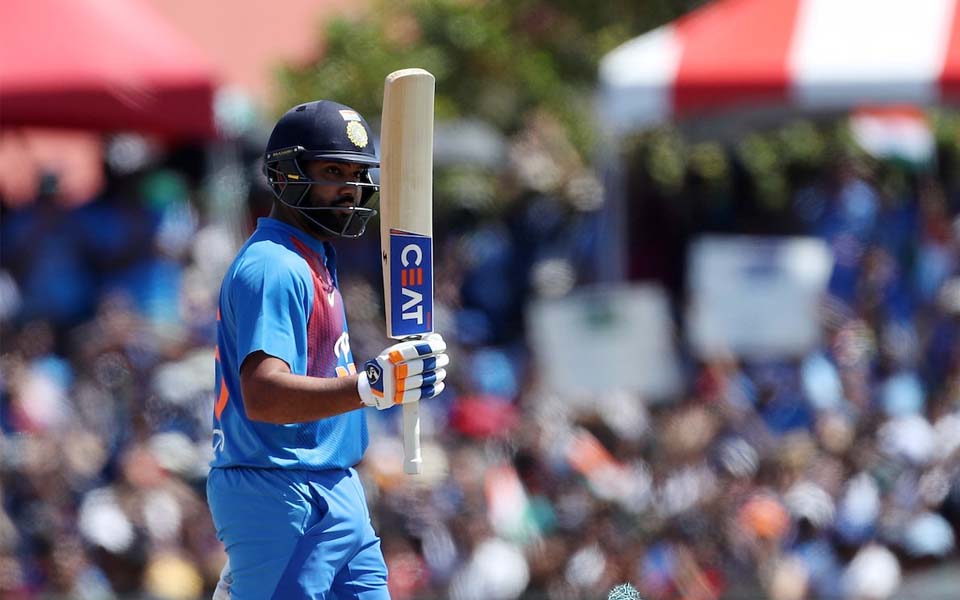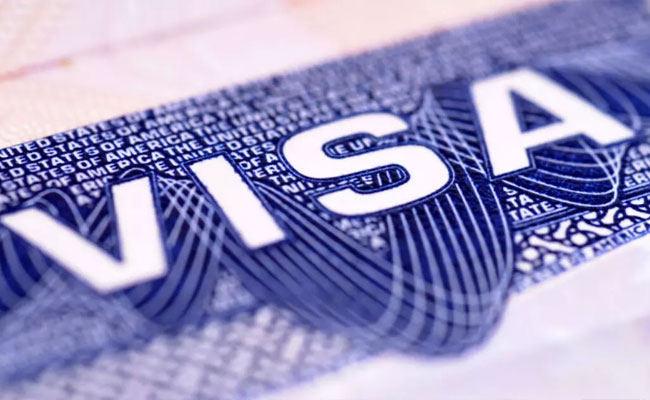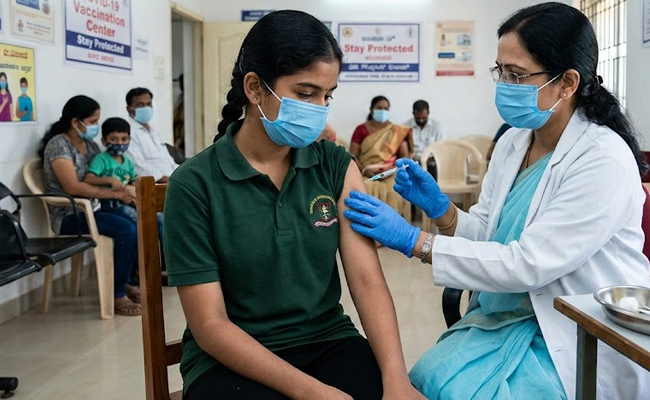Lauderhill, Aug 4: Krunal Pandya's two last-over sixes after Rohit Sharma's characteristically sublime 67 lifted India to 167 for five against West Indies in the second T20 International here on Sunday.
Rohit scored his runs off 51 balls, setting India up for a challenging total before Pandya and Ravindra Jadeja propped up the innings by smashing 20 runs in the final over, which was bowled by Keemo Paul.
In the process, Rohit became T20 internationals' most prolific six-hitter, going past Chris Gayle with 106 maximums. He struck six fours and three sixes in the match.
Sent into bat, India were off to a quick start as they reached 50-run mark in the seventh over, with Rohit doing the bulk of scoring.
Rohit found the gaps with ease, clipping Paul off his pads for a six over deep midwicket. The World Cup highest scorer then swept him for a four as the Indians upped the tempo.
Keemo Paul gave West Indies their first breakthrough when he bowled Shikhar Dhawan with the Indian scorecard reading 67 for one in the eighth over.
Two quite overs followed as Indian captain Virat Kohli joined Rohit, who broke the shackles with a six over deep midwicket, Sunil Narine being the bowler, and then brought up his 17th half-century in this format with a single to long-off.
Nicely getting underneath the flight of left-arm spinner Khary Pierre, Kohli got going with a neat six.
Well settled at the other end, Kohli's deputy Rohit then smashed Carlos Brathwaite for a six and four as India's hundred came up in the 13th over.
It took a fine catch from Shimron Hetmyer to bring an end to Rohit's stay in the middle -- he hit one high up in the air off Oshane Thomas with just over six overs left in the Indian innings.
Rishabh Pant (5) perished quickly, top-edging Oshane into the hands of third man fielder Kieron Pollard.
Sheldon Cottrell then had the big one, sending Kohli's middle stump cartwheeling for a 23-ball 28 with a perfectly-executed yorker and performing his trademark salute celebrations.
By that time tough, Kohli became the highest run scorer among Indians in T20 cricket, including domestic tourneys.
Let the Truth be known. If you read VB and like VB, please be a VB Supporter and Help us deliver the Truth to one and all.
London (PTI): The UK on Wednesday imposed a study visa ban on four countries accused of using the route as a backdoor entry to seek permanent refuge in the country, as part of a wider clampdown on the soaring rates of asylum applications.
The so-called "emergency brake" on student visas applies to Afghanistan, Cameroon, Myanmar and Sudan, with Afghans also subject to a skilled worker visa ban following a major surge in asylum claims from these countries.
The move comes as UK Home Secretary Shabana Mahmood introduces new legislation in Parliament this week, with the visa brake to be introduced via an Immigration Rules change on Thursday to come into force on March 26.
"Britain will always provide refuge to people fleeing war and persecution, but our visa system must not be abused," said Mahmood.
“That is why I am taking the unprecedented decision to refuse visas for those nationals seeking to exploit our generosity. I will restore order and control to our borders,” she said.
According to official statistics released by the Home Office alongside the visa ban announcement, asylum applications by students from Afghanistan, Cameroon, Myanmar and Sudan rocketed by over 470 per cent between 2021 and 2025 – making them among the most likely nationalities to claim asylum.
Meanwhile, the number of Afghans on work visas claiming asylum now outstripping the number of visas issued.
In what has been described as an “unprecedented step”, the Home Office said it will end sponsored study visas from all four countries and skilled worker visas for Afghan nationals.
“Tough action is required as asylum claims from legal routes have more than trebled since 2021 – making up 39 per cent of the 100,000 people who applied last year. In total, 133,760 people have claimed asylum after arriving legally in the past five years,” the Home Office said.
It said these refugees end up having to be accommodated at the expense of the British taxpayer, with an “above average proportion” of people from the four countries claiming destitution.
“Asylum support is currently costing more than 4 billion pounds a year – with nearly 16,000 nationals from the four countries currently supported at public expense, including over 6,000 in hotels," it added.
According to official data, between 2021 and the year ending September 2025, the proportion of Afghan asylum claims to study visas issued was 95 per cent, applications by students from Myanmar soared 16-fold over the same period and claims by students from Cameroon and Sudan spiked by more than 330 per cent.
The government pointed to its success in reducing student asylum claims by 20 per cent over the course of 2025, but stressed that further action is needed as those arriving on study visas still make up 13 per cent of all claims in the system.
The visa ban announcement comes on the back of Mahmood's announcement earlier this week that asylum status in the UK will be temporary, to be reviewed after 30 months.





